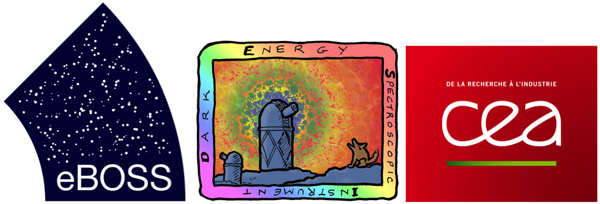Orateur
Description
Next generation galaxy surveys such as DESI are able to measure the cosmological parameters with the highest precision ever achieved by LSS observations. The major challenge for DESI relies in the correct identification and modelling of systematics. One source of systematic uncertainty is human confirmation bias: in technically difficult experiments as DESI, where different working groups are involved and a lot of effects need to be tested, it is not obvious when the analysis is completed and shall be stopped. Hence, the final result might be biased towards the expectation of the experimenters. Since this bias is of psychological origin, its impact is very hard or rather impossible to estimate.
The only way to remove confirmation bias consists in Blinding: the analysis is carried out on changed (blinded) data and the original data are not revealed (unblinded) until the analysis pipeline is frozen. In this talk I introduce a method to blind LSS survey data at the galaxy catalog level in a controlled way. It consists of changing catalog redshifts in two steps: First, we apply an Alcock-Paszynski shift obtained from converting redshifts to distances using cosmological parameters that deviates from the fiducial model. Then, we employ a density dependent shift reminiscent to redshift space distortions. We test different configurations of our blinding scheme on 2048 mock realizations of the LOWZ and CMASS Sample, and validate that the measured shift in cosmological parameters induced by blinding matches our expectation.

